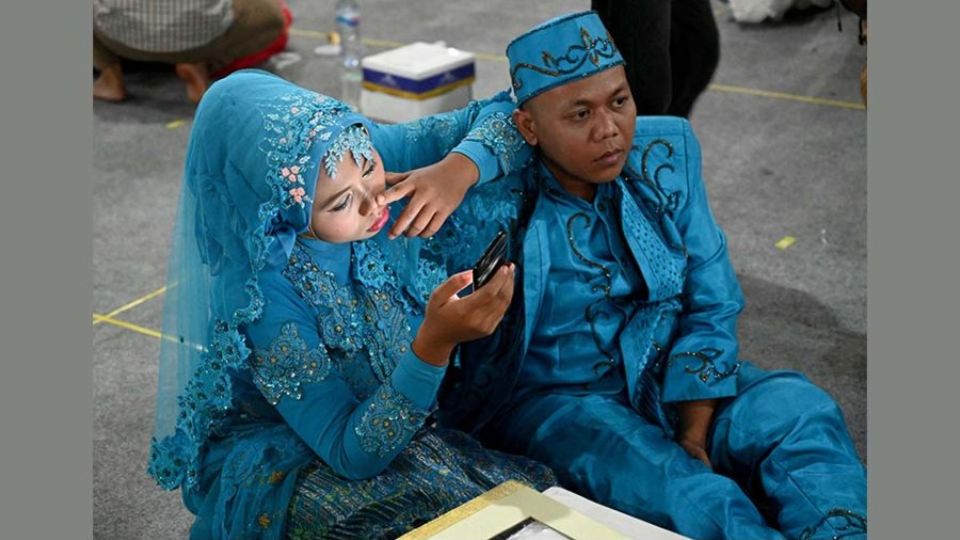January 21, 2025
JAKARTA – Arecent Jakarta gubernatorial decree providing technical guidelines on polygamy for the city’s male civil servants has renewed calls for the practice’s abolition, with critics calling it discriminatory and harmful to women.
Polygamy, a debated but often accepted institution in Islam, is legally regulated through the 1974 Marriage Law.
The gubernatorial decree, which outlines procedures for granting marriage and divorce permits, was issued by acting Jakarta governor Teguh Setyabudi on Jan. 6 and largely reiterates the polygamy provisions of the Marriage Law. Under both, men are legally allowed to marry another wife if their first wife is unable to perform her “responsibilities”, is permanently disabled or ill or unable to bear children after 10 years of marriage.
Jakarta Employment Agency (BKD) head Chaidir said the gubernatorial regulation on marriage, including polygamy, was “not something new” and that it had been issued as part of an effort to bring down the high divorce rate among civil servants.
“[Hopefully] after the issuance of the [decree], there will be no more civil servants who divorce without permission from their institutions and have more than one wife without complying with the prevailing regulations,” Chaidir said in a statement on Friday.
Meanwhile, rights group Amnesty International Indonesia said the decree ran counter to the principles of gender equality and human rights and violated two international rights treaties that Indonesia had ratified, namely the International Covenant on Civil and Political Rights (ICCPR) and the Convention on the Elimination of all Forms of Discrimination Against Women (CEDAW).
“Both international human rights treaties emphasize that polygamy is a form of discrimination against women because it creates inequality in marital relations,” said Amnesty International Indonesia executive director Usman Hamid in a Friday statement, adding that polygamy should be abolished in the country.
He urged the Jakarta administration to provide women equal access to divorce procedures and child custody rights. Usman went on to say that in many circumstances, women’s inability to obtain divorces kept them bound in never-ending cycles of domestic abuse.
“The acting Jakarta governor must prioritize policies that promote gender equality and human rights protection,” he said.
The National Commission on Violence Against Women (Komnas Perempuan) echoed Amnesty’s concerns, saying the controversy surrounding Jakarta’s new gubernatorial regulation demonstrated the urgent need to revise the 50-year-old Marriage Law, which it said contained discriminatory provisions regarding polygamy.
“[The conditions for polygamy] are subjective and mirror the construction of a patriarchal society that places women in a subordinate position and makes them exclusively responsible for domestic roles such as child care and nurture,” Komnas Perempuan said in a Saturday statement, adding that the practice of having more than one wife frequently led to violence against women.
Polygamy, the commission wrote, often resulted in emotional neglect in marriage, which it said was a form of domestic violence.
Half of the 3,079 domestic violence cases reported to Komnas Perempuan since the ratification of 2004 Domestic Violence Elimination Law were cases of psychological violence. Meanwhile, 16 percent were cases of neglect, the commission noted.
In 2023, the Religious Court recorded 391,296 divorce applications, at least 701 of which were in response to polygamy.
“Revisions to the 1974 Marriage Law should focus on the fulfillment of women’s rights and the liberation of women from discrimination and violence,” Komnas Perempuan said.


